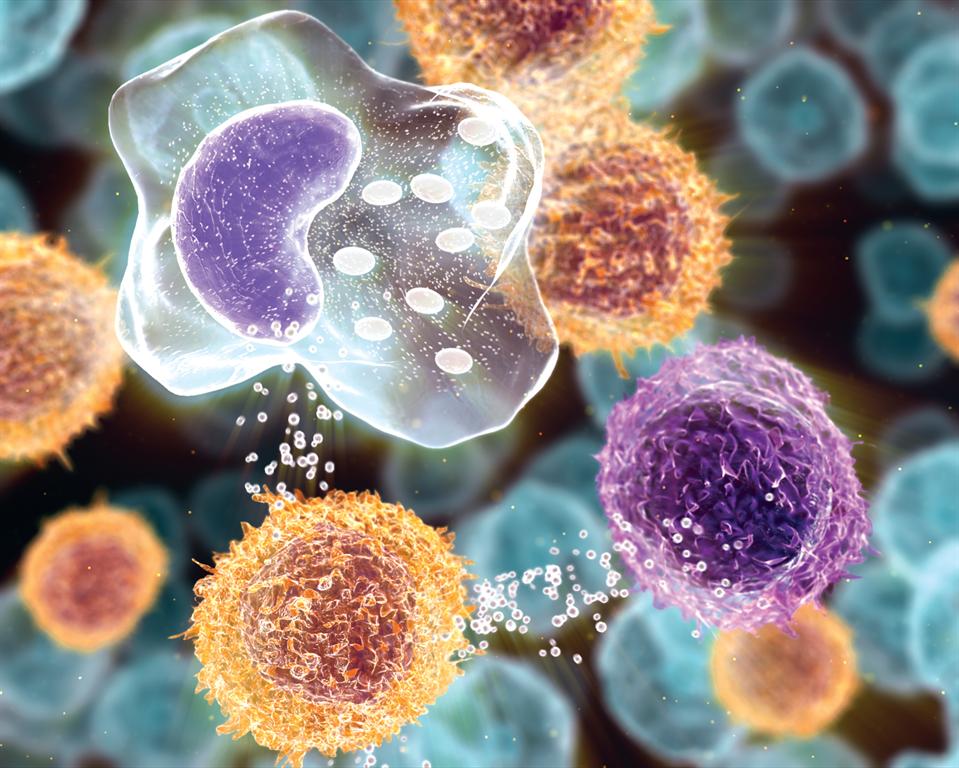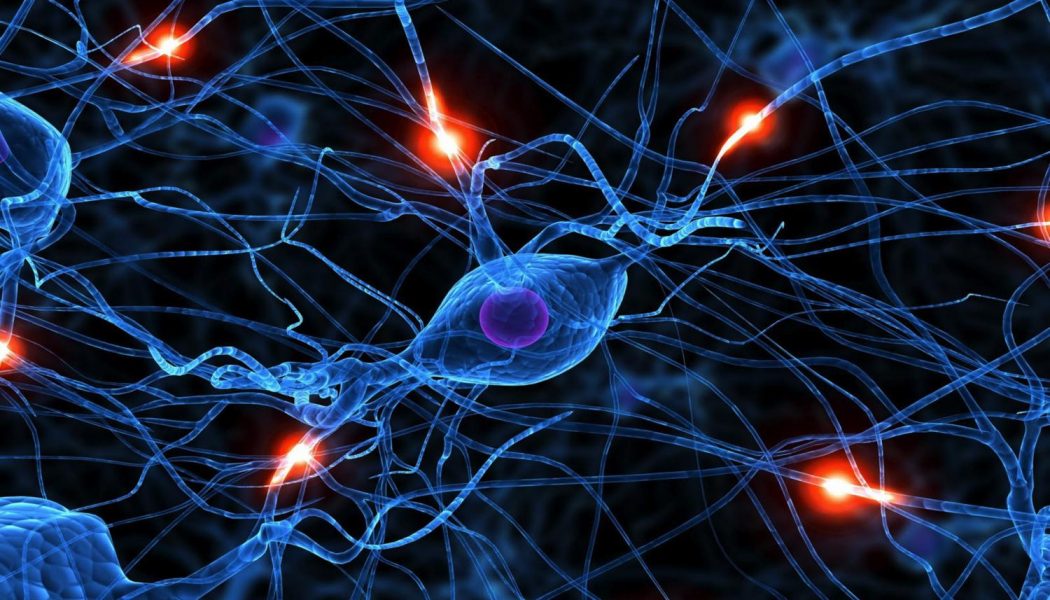Immunotherapy is the “treatment of disease by inducing, enhancing, or suppressing an immune response”. Therefore, there are two types of immunotherapy: activation and suppression. This kind of therapy is the future of the treatment of incurable diseases like cancers. Immunotherapy attempts to stimulate the immune system to destroy tumours. A variety of strategies is in use or are undergoing research and testing. Randomized controlled studies in different cancers demonstrated a significant increase in survival and disease-free periods particularly when cell-based immunotherapy is combined with conventional treatment methods.
Cell-based immunotherapy, a kind of immunotherapy, is effective for some cancers. Immune effector cells such as lymphocytes, macrophages, dendritic cells, natural killer cells (NK Cell), cytotoxic T-lymphocytes (CTL), etc., work together to defend the body against cancer by targeting abnormal antigens expressed on the surface of tumour cells. An example of cell-based immunotherapy is T-cell adoptive transfer that cultivates autologous, extracted T cells for later transfusion. The T cells may already target tumour cells. These T cells are referred to as tumour-infiltrating lymphocytes (TIL).
A variety of manipulation of the immune system is possible thanks to the new information about signal transductions of the cells; therefore, by inducing some cytokines or inhibiting others, scientists can control many diseases. Moreover, immunomodulatory regimens often have fewer side effects than drugs like chemotherapeutic agents and less potential for creating resistance.


